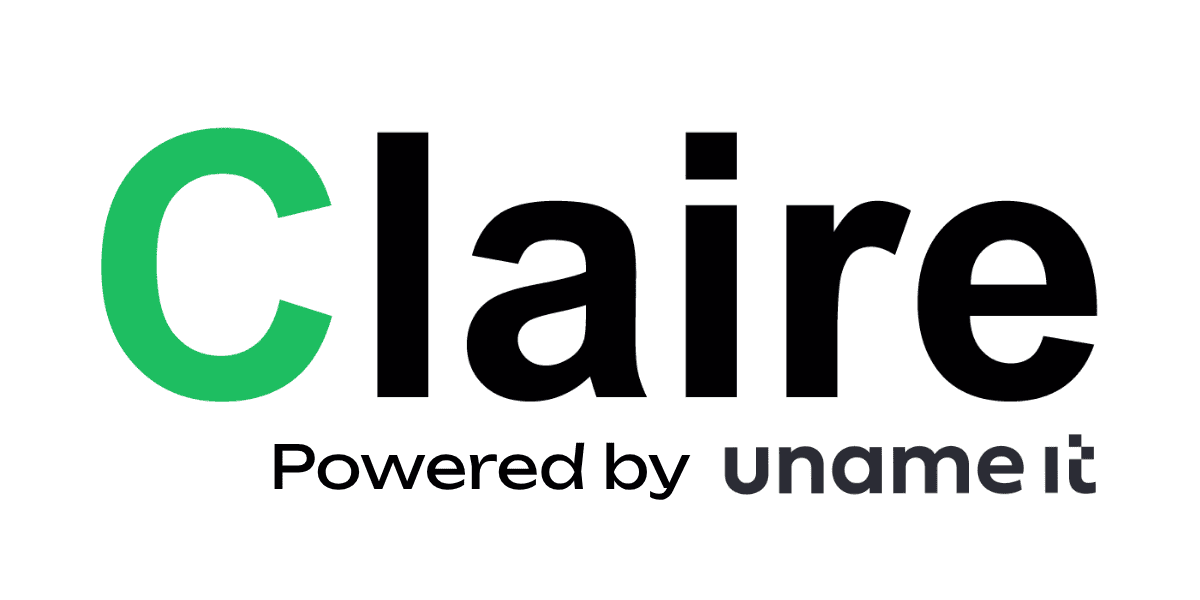When we think of sustainability and environmental awareness, we often think of solar panels, reducing the use of plastic, and using green energy. But what few companies realize is that paperless or even paperless working has a major impact on the environment. The paper industry is the fifth largest energy consumer in the world. Not only because trees are cut down to make paper, but also because fossil fuels and chemicals are needed to produce paper. The frequent - and often unnecessary - use of paper therefore has a huge influence on your company's CO2 footprint.
Besides the CO2 footprint that your company leaves behind, printing the workorders is not free. The average cost for printing one A4 sheet is €0.13. A workshop passage uses an average of 8 A4 pages. With 220 workable days and 3.2 cars per mechanic per day, that means €732.16 non-billable costs per mechanic, per year.
The solution: a digital work file. The digital work file is not only good for the environment, but also for your wallet.
Originally, the workorder is a piece of paper indicating which work must be performed on the car. Furthermore, important information about the car is recorded, such as additional work found, used items, parts and the mileage. It has also become a preparatory document for the warehouse and it is passed between reception, chief and warehouse.
In this way, a paper workorder is handled and moved by 8 different people in the process. It is logical that the workorder gets lost regularly, resulting in a time-consuming search. Furthermore, the document covers an average physical distance of 3.2 km!
That can be more effective! It is time to switch to the digital work order and a digital after sales process.
A brief overview of some of the benefits:
- You save paper. That is good for the environment and your wallet.
- No more walking and waiting. Your mechanics can be so much more productive. They no longer have to go to the reception or warehouse with the paper workorder, but can simply continue working while the workorder can be viewed online by those involved.
- No more searching for a paper workorder. Everything about the work order and the car in one overview. The car history is also easy to find.
Higher efficiency in the workshop starts with the small things. The mechanic or receptionist walking back and forth to ask clarity from a colleague is a very normal thing. Yet, this may cost 30 minutes per mechanic per day! What if we could turn that wasted time into productive (billable) hours? If we add up the cost of printing..

